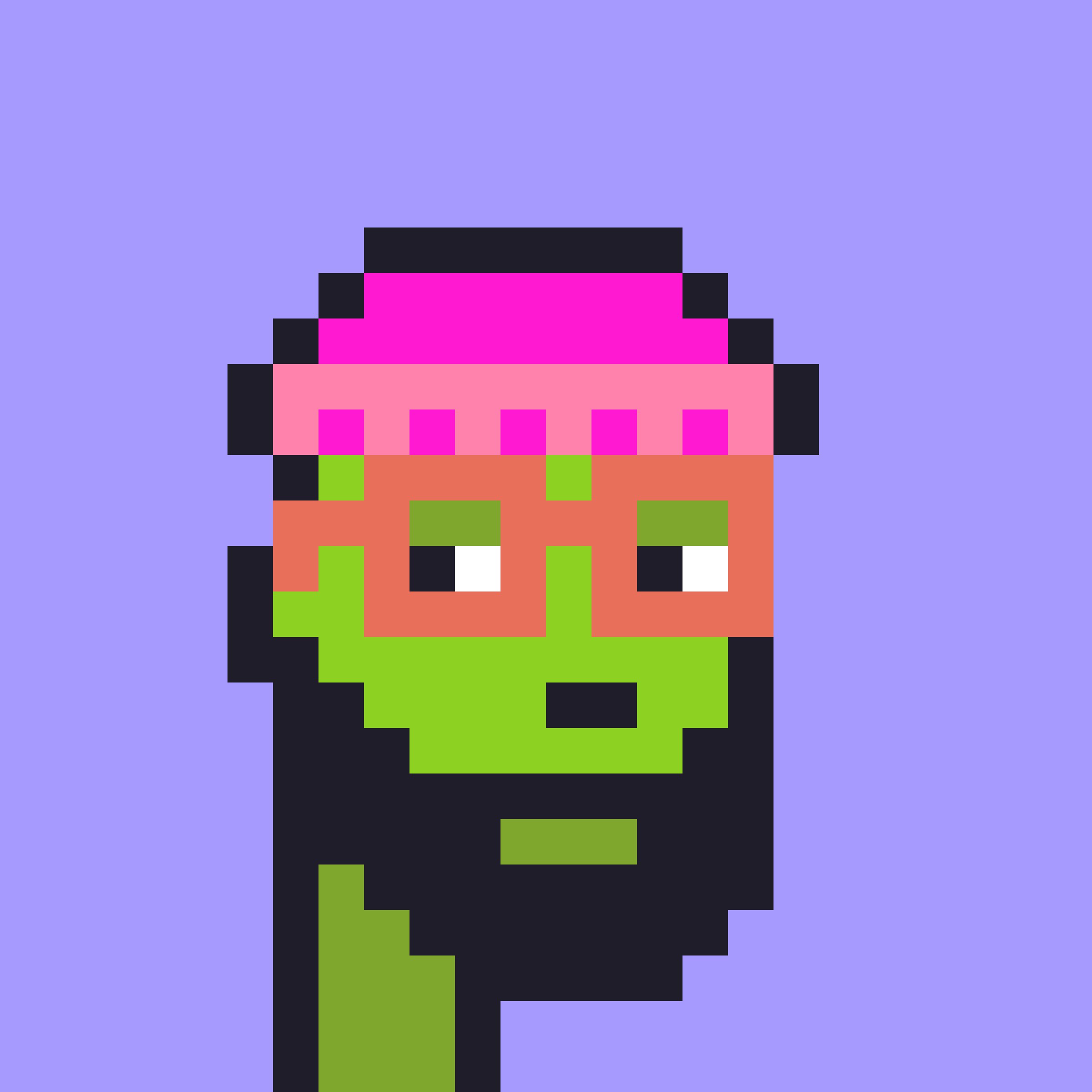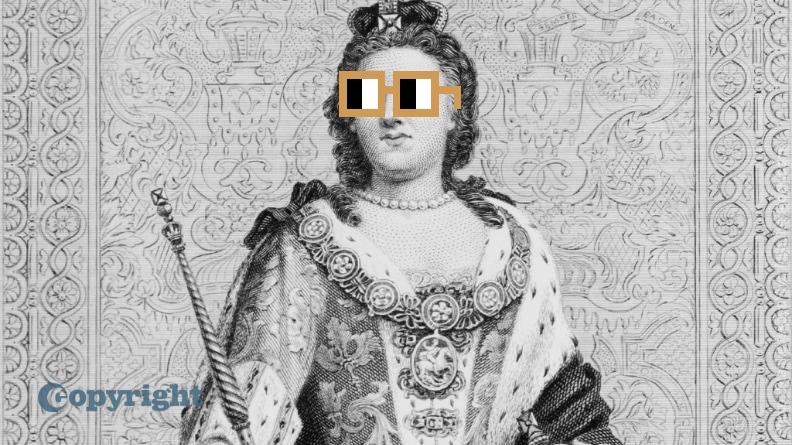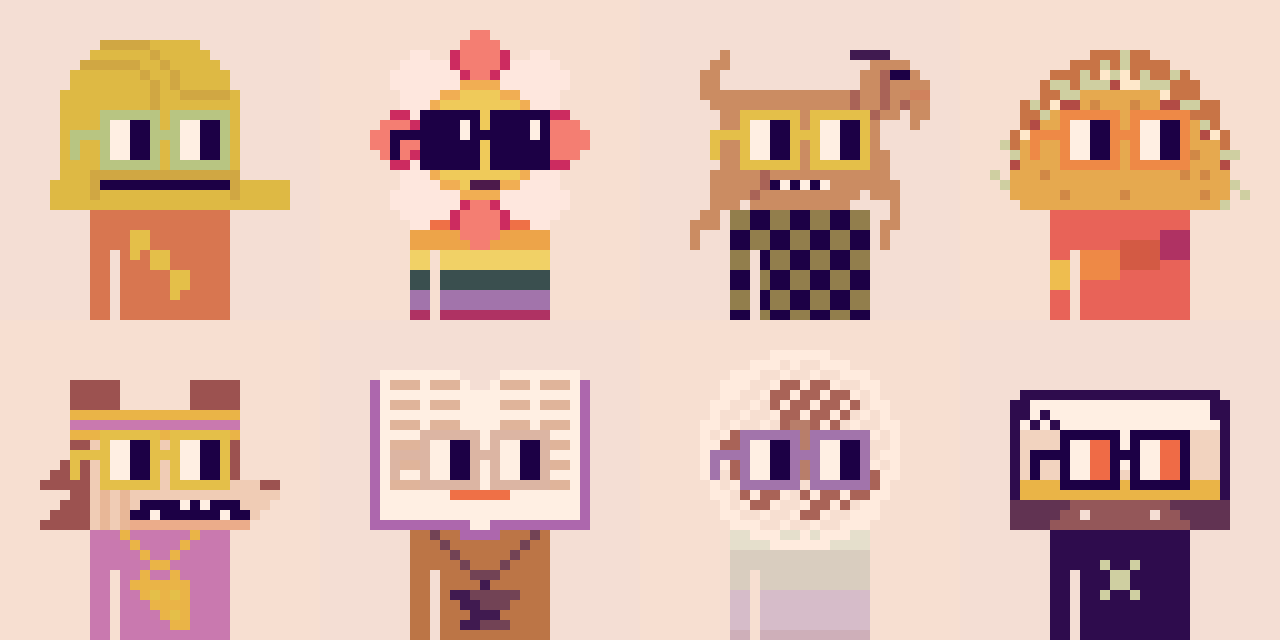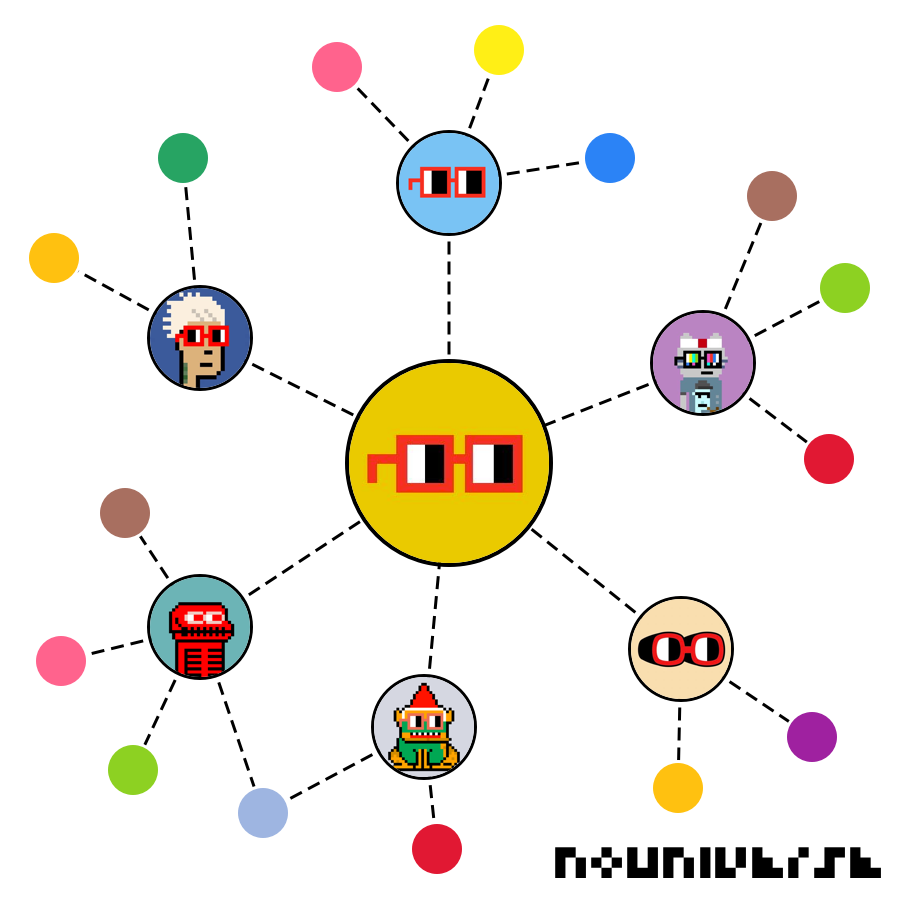This article is inspired by Nouns and led to the Gnars inception.
Where there is art, the question of copyright will inevitably arise. In the early 18th century, the Statute of Anne in England became the first-ever copyright statute; giving basic copyrights to authors or purchasers of books. Copyright laws have come a long way ever since.
Today, nearly 200 nations are bound to the World Intellectual Property Organization (WIPO) Copyright Treaty, protecting the works and rights of creators around the world. Literally everything, from the music in songs to computer software, and even random pictures on the internet, are under copyright protection. Let’s be frank; it’s mildly infuriating to the common man.
With copyright laws in place, you can’t “Right click, copy, repost” a piece of art without the risk of being sued. Of course, the risk is small, but in the eyes of the law the creator retains full authorship rights, and you can’t do anything with it without their permission.
In the NFT world, that is problematic. With the current influx of digital art critics promoting “Right click to save” campaigns, and NFTs being “free to appreciate” in the first place, the whole copyright situation gets a little messy.
But there is one solution that may get NFT artists out of this clash between supporters and haters. The answer is CC0 in public domains. Before we get to that, let’s talk a little more about copyright.
What Is Copyright?
Copyright is the author’s right to use and copy their piece of work. This intellectual property gives creators the right to publish, distribute, use, protect, and monetize their work. Copyright is granted by law; which means it only applies if your country has copyright laws set in place.
As an artist, you can extend your copyright privileges to others. In some cases, you can even sell your copyright to companies, which will then claim ownership of your work. Copyright lasts around 50 to 70 years after the death of the author, and this ownership will be passed on to whoever the author has chosen.
Furthermore, copyright exists as soon as a piece of creative work is born. Thus, there is a grey area in deciding who retains the right to copy when similar pieces of work are finished around the same time.
While copyright may seem like the ultimate insurer to the protection of works, they still have a limited protection scope. For example, copyright does not protect ideas, methods, or systems. Concepts, scientific procedures, business operation methods, and more all cannot be copyrighted. Creators will need trademarks and patents should they want to protect the processes of their inventions.
With that being said, just don’t copy other people’s work without permission, and everything is good! But in the NFT space, it’s much more complicated. In fact, there’s a copyright war happening right in our backyard. Here’s where we start questioning copyright.
The Headaches of Copyright
It’s safe to say that breaching copyright laws is much easier in the NFT world compared to in real life. Whether it’s the NFT piracy website campaigns, derivative digital copies, or just people in it “for the memes”, these factors all render copyright useless.
In the current NFT boom, many creators are making millions out of their digital artworks. Never before has this been possible, and I have the feeling that many others not in the NFT space feel like they’re “late to the party”.
To be honest, I have no idea why some groups hate NFTs to the core. Maybe it’s jealousy, or maybe they don’t even understand the concept of the blockchain. Either way, these groups make efforts to undermine and destroy the works of creators. “Right click to save” campaigns and blatantly copying NFT artists’ work without permission are all in violation of copyright laws.
But who’s here to enforce?
The process of taking people to court is tiresome, expensive, and draggy. Imagine suing for an NFT — now that’s a sight to see! Oh wait… everything online is anonymous, we don’t even know who copied our art!
Furthermore, the whole idea of NFTs is decentralization. Why should we have a centralized legal system to resolve copyright issues for us? In essence, copyright is difficult to define, enforce, and protect creators.
So instead of having this massive copyright headache, why not just remove copyright altogether? Yes, if you can’t beat them, join them. Getting rid of copyright privileges could actually be the solution to winning the copyright wars.
CC0 in The Public Domain, A Solution To Copyright Wars
CC0, a license part of Creative Commons, allows authors to disregard as much of their intellectual property rights as possible while still complying with copyright laws. Creative Commons is an organization with the primary goal to share creative works publicly and legally, for the benefit of our society.
Using a CC0 license technically removes most of the author’s copyrights. This puts their work in the public domain, a place where no one owns the intellectual property to those works, and can be used freely by different individuals.
With CC0, your work can be made into memes, monetized by enterprising businessmen, or even copied, slightly tweaked, and “copyrighted” by another artist claiming it’s their own work. This sounds absurd… Why should you concede to the trolls, opportunists, and copycats? By publishing your works to the public domain, isn’t this totally unbeneficial for you?
Well, here’s the thing. While you may be “losing” the ownership of your work, you’re actually benefiting from this in the long run. Here are real-life examples of success in the public domain: The literary works of William Shakespeare, physical artworks like the Mona Lisa, and songs like Memphis Blues by Louis Armstrong.
Likewise, NFTs in the public domain can also appreciate in value. When people see that your exceptional NFT has no copyright claims on it, they will be inclined to share, edit, and meme about your work. In the end, your NFTs would get publicity and thus increase in value as their popularity grows.
Looking on the flip side, copycats of success are aplenty. Under CC0 licensing, you won’t have to deal with any more “Intellectual Property thefts”, because the work was never anybody’s to steal in the first place! This counter-intuitive solution seems like an invitation to others to use and share your work, a great way to break into the “successful NFT artists” industry.
Summary
In conclusion, CC0 licensing and releasing your NFT collection into the public domain is an ingenious way of avoiding copyright drama in this industry. While artists may not maximize profits with CC0, at least you can trade this off with a better shot at NFT fame.
Take note that there are other schemes under copyright law for artists to give up or retain certain privileges. Hopefully, we can find a good compromise between giving creators the credit they’re due, and having as little involvement as possible with the centralized legal system.
Ultimately, I guess the moral of the story is to not always take the bulls by the horns. Maybe, just maybe, we should learn to jump on the bull and start riding to victory.








